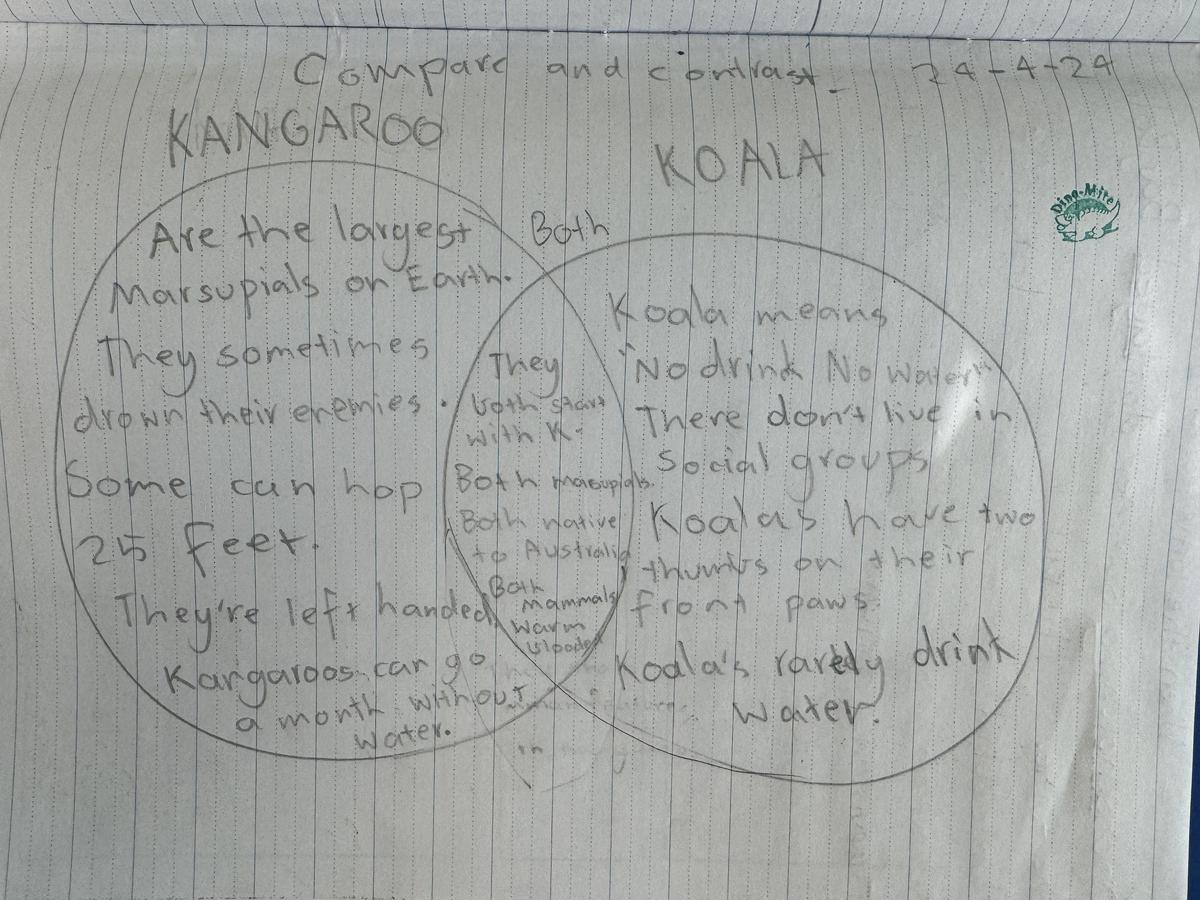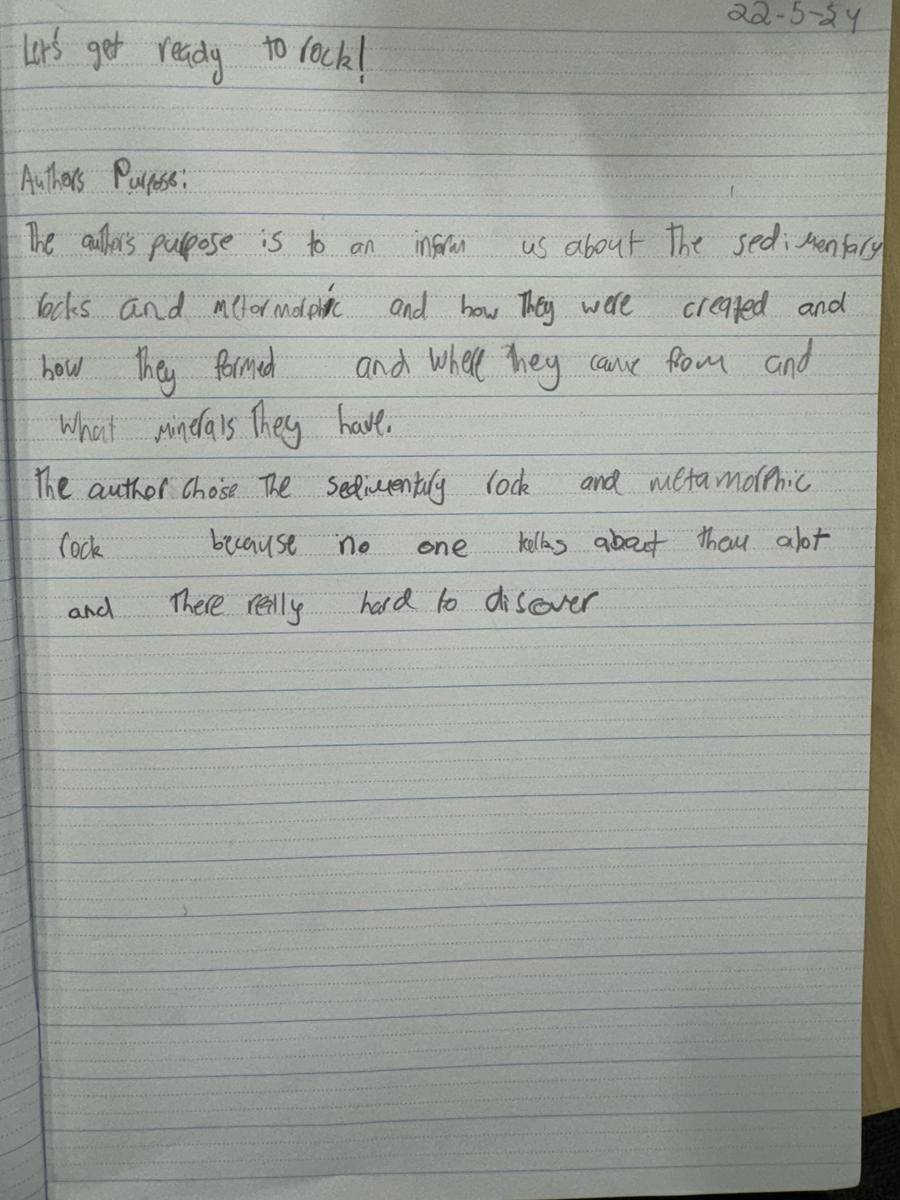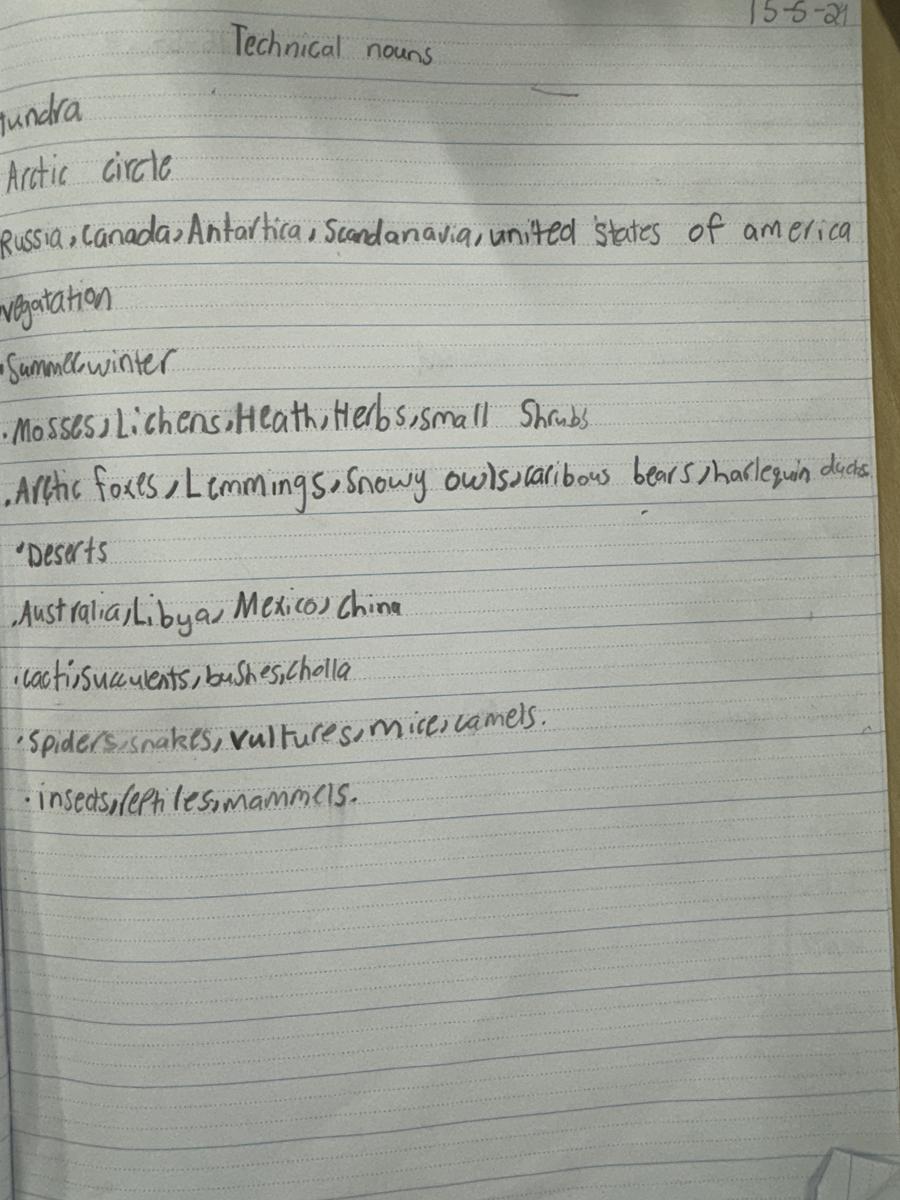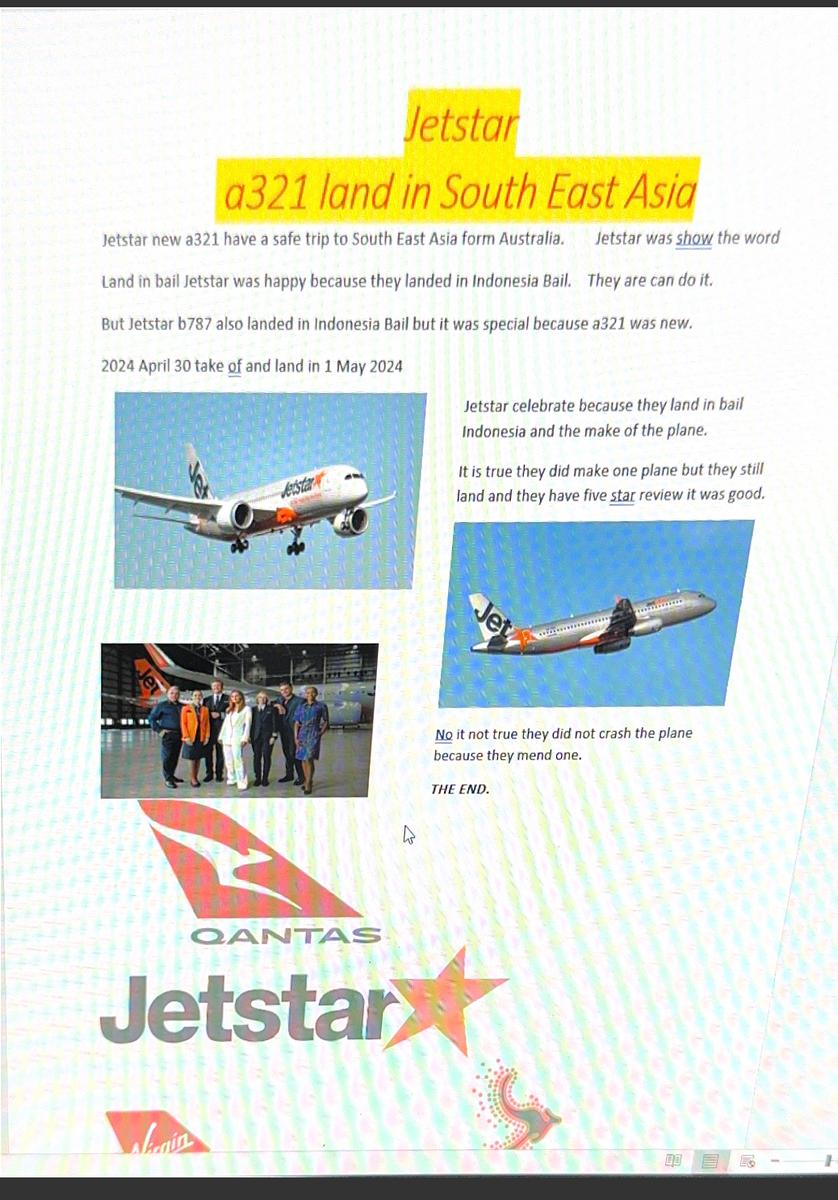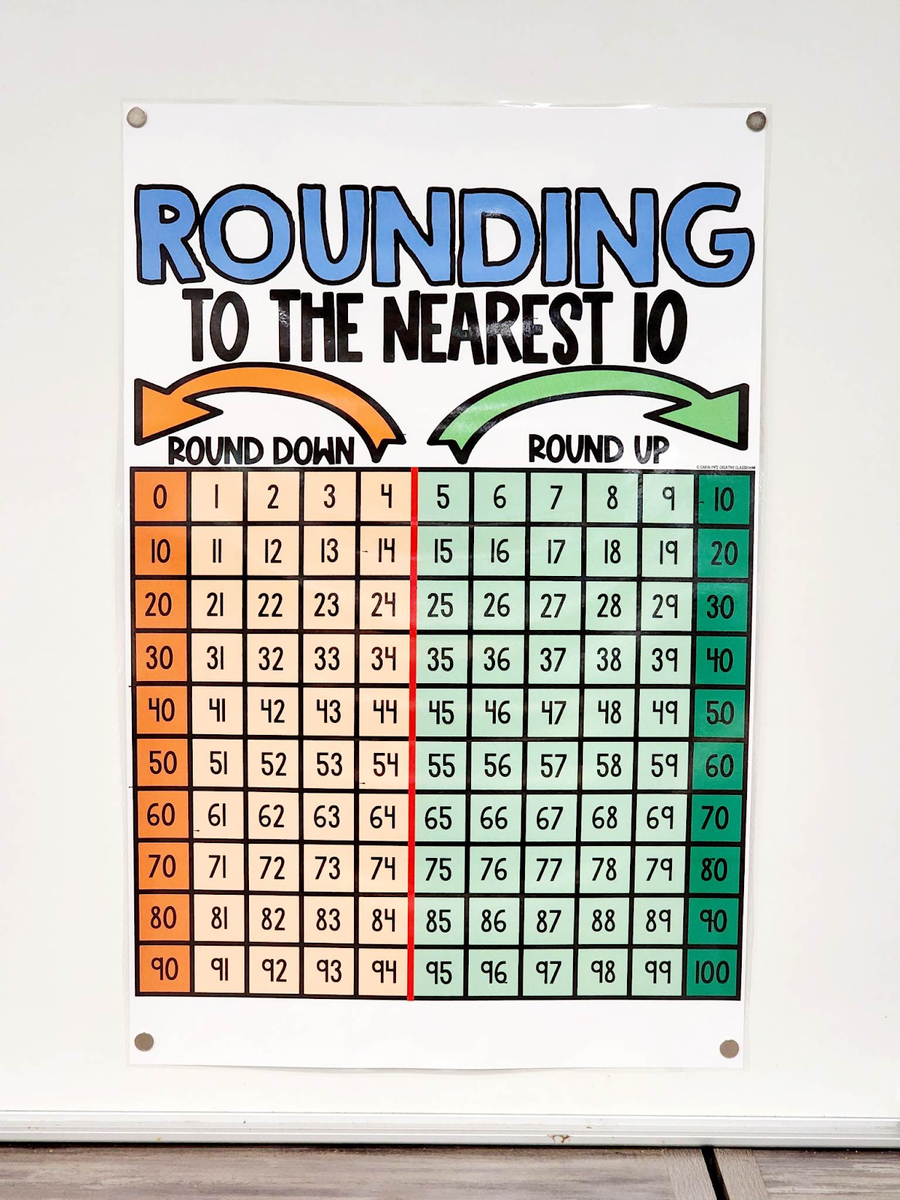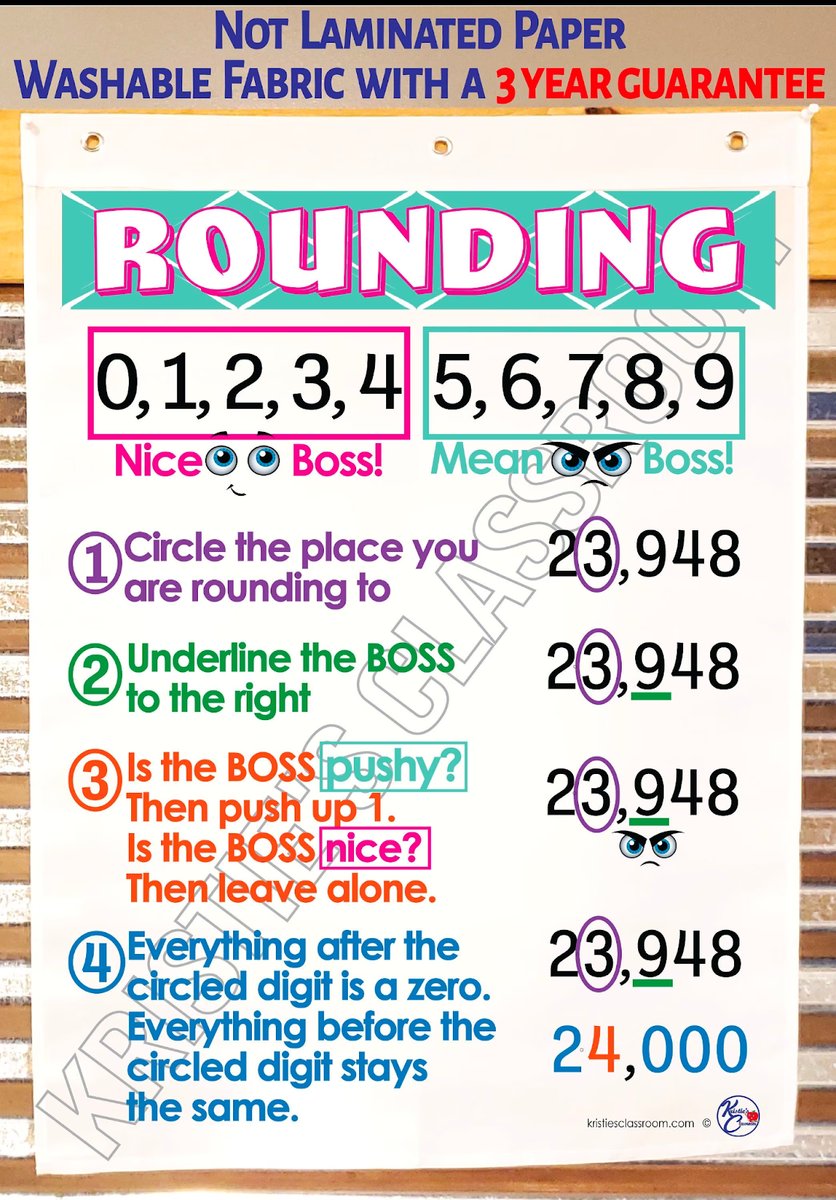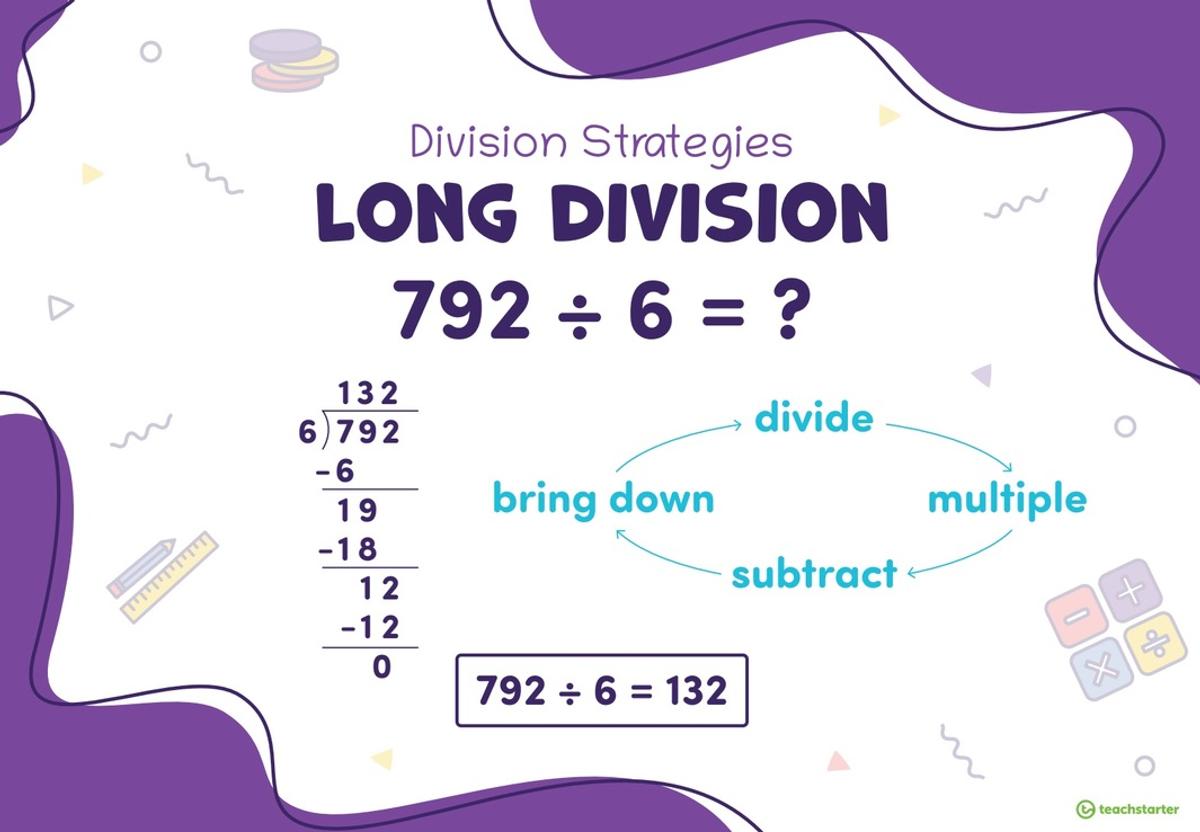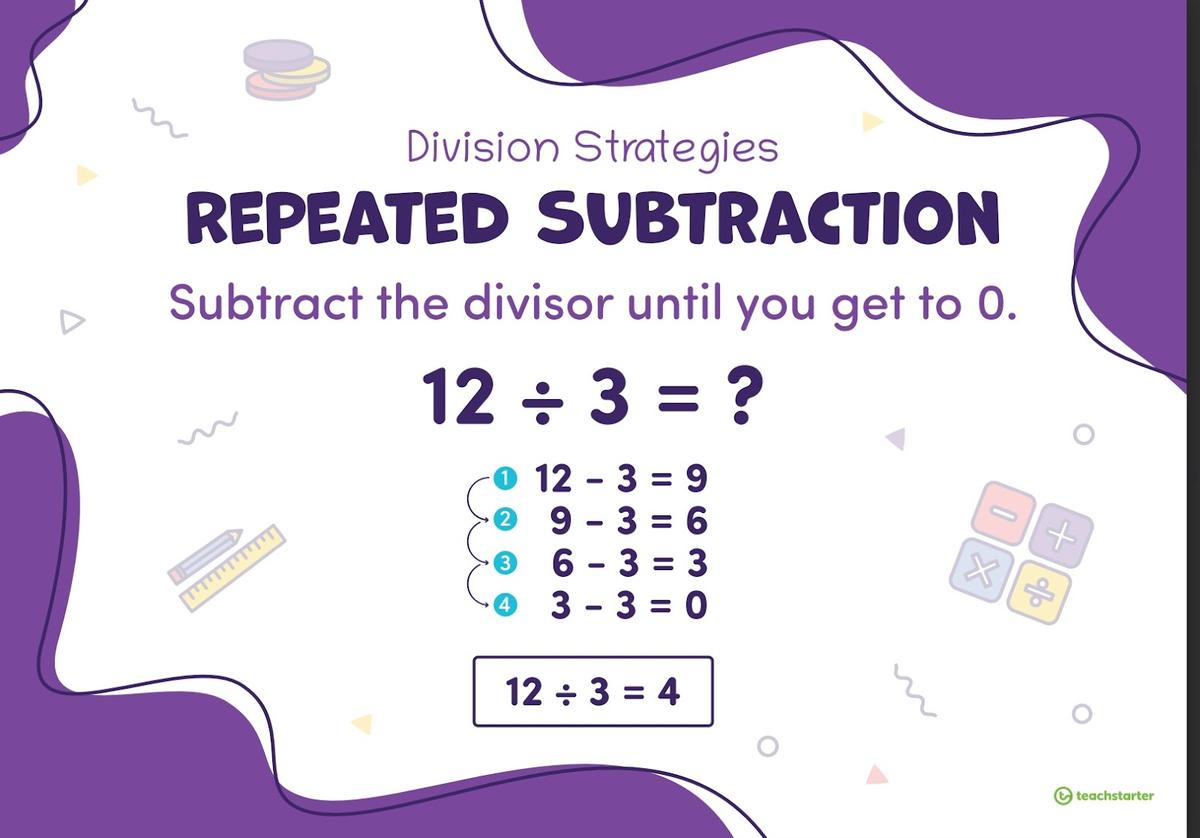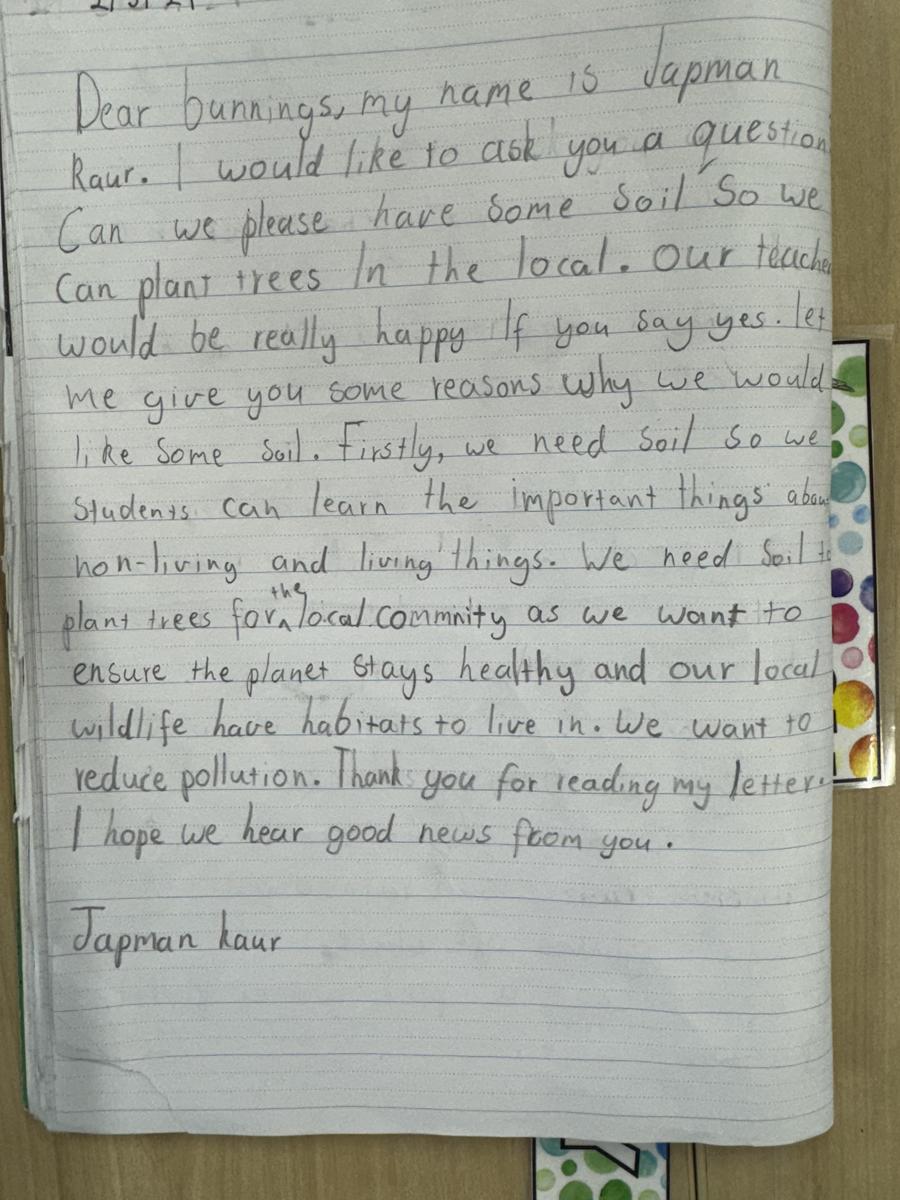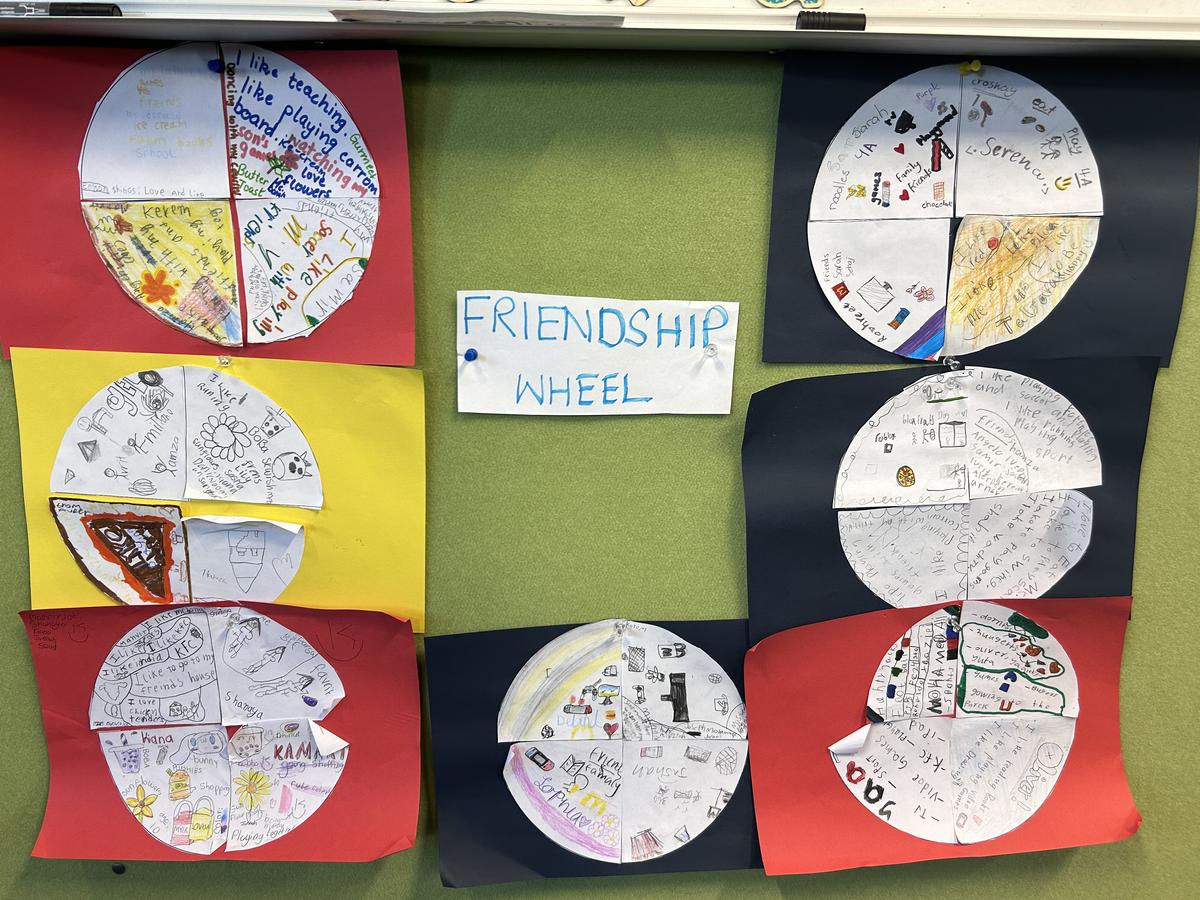Apollo Community.

May 2024 Newsletter- Apollo community
Welcome parents, carers/guardians and students. Enjoy reading about the learning students have achieved this term and some of the tasks they have completed in class with their peers and teachers.
Important dates to remember:
Swimming
27th May - 31st May
CERES excursion
7th June 2024
Reading
In reading the Apollo students have been working extremely hard in learning about dream time stories and understanding the explain the key elements and central message. They also worked on summarising and analysing non fiction texts, where they learnt how to paraphrase using their own words. Students then used the key words to expand on their ideas and understanding whilst taking notes on the main idea and supporting details. Students also learnt about the differences between writing points and sentences. As a part of reading fluency, students experienced creating props and doing readers theatre where they got to read a script and use imaginative expressions to portray their characters parts in a dream time story.
Writing
In writing students had been working on writing stories using a variety of characters inspired from dream time stories. Students focused on the characters and setting, plot, climax and resolution. Students were encouraged to edit their writing using a red pen to show their ability in identifying errors and improve their writing. Students also learnt the process of letter writing and how to write an information report. This included the Author's purpose such as Persuading, informing, entertaining. Students are always encouraged to reread their work and add extra details to make their writing more interesting.
Maths
Our mathematicians have been using many strategies to solve worded problems and number sentences.
Students have focused on the following:
Multiplication: Students have explored a number of mental strategies to help them solve multiplication problems. It has been a rewarding experience teaching students a variety of methods to complete multiplication. In doing so, students were provided with the opportunity to gain confidence in their mathematical solving abilities. Students investigated ‘doubling and halving’ to solve multiplication problems. Students also were taught how to solve multiplication problems using a number line. Students learned vertical multiplication, using two digit and three digit numbers. Students were encouraged to use many mathematical tools/manipulatives to help them solve their multiplication problems.
Estimation: Students learnt that we use estimation and rounding to check the reasonableness of answers. Students used the rule - numbers between 0-4 round down and numbers between 5-9 round up. Using this rule, students rounded amounts to the nearest 10s, 100s and 1000s. Students also explored rounding to the nearest dollar during the task of planning their own birthday party. Students were to choose items from catalogues of supermarkets such as Coles and Woolworths and rounding their amounts to find the estimated total. Students practised their calculating skills by finding the exact total amount using a calculator.
Chance: Students conducted probability experiments where they created interesting questions such as “What is the probability of rolling an even number”, designed a procedure for their experiment and predicted the outcomes of their experiment. Once they completed their experiment, students were to analyse the results using the chance vocabulary - certain, likely, maybe, unlikely and impossible.
Division: Students revised a range of division strategies and explored the connection between multiplication and division. They demonstrated their understanding of solving an equation using long division, short division and repeated subtraction. Students were challenged with division equations that had remainders, open ended tasks that required more than one answer and worded problems.
INQUIRY
In inquiry, the big idea students are focusing on the Blue marble which is focusing on the impacts that humans and animals have on the environment and how we can save our planet by making many changes. Students learnt about the negative effects pollution has on our environment and our wildlife and sea animals, natural vegetation, composting and the natural features of Australia. They were given the opportunity to explore the many climates all over the world and represent them using a key and map to show their understanding on how the temperature can be very different from Australia. Students also spoke about the impacts pollution could have if earth's temperatures were to change too quickly and how this would impact us and the animals in our environment.
Social and Emotional Learning (SEL)
The students engaged in Social Emotional Learning (SEL) activities, where they discovered the diversity within their class and its importance. They grasped the significance of using kind words and gestures to enhance their own well-being and create a comfortable environment for others. Through discussions and sharing personal experiences, they explored various emotions, ranging from extreme happiness to deep sadness or anger.
In collaborative group work, they constructed friendship wheels, gaining a deeper understanding of their classmates. They also delved into the factors that contribute to positive relationships in the classroom. Importantly, they learned that encountering problems is a normal aspect of life, and there exist multiple ways to address them without escalating conflicts.

